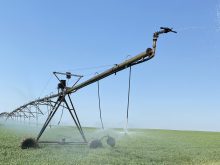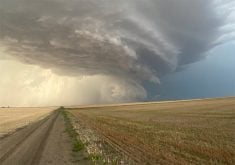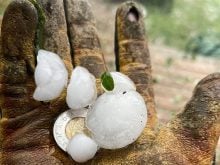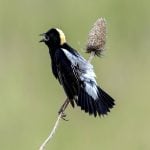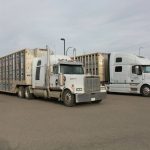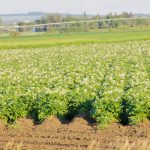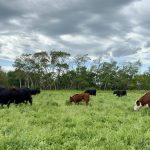Lessons learned from an outbreak of the H7N3 strain of avian influenza in British Columbia three years ago have become valuable again.
“We’ve been working on a plan for this specific kind of situation for years,” said Joy Smith, general manager of Saskatchewan Egg Producers and co-chair of the Saskatchewan poultry industry emergency management team.
“We are very prepared for this.”
H7N3was discovered in a Saskatchewan broiler breeder barn near Regina Beach last week.
All 50,000 birds at Pedigree Poultry were destroyed over the weekend and were to be buried in a nearby pit this week.
Read Also
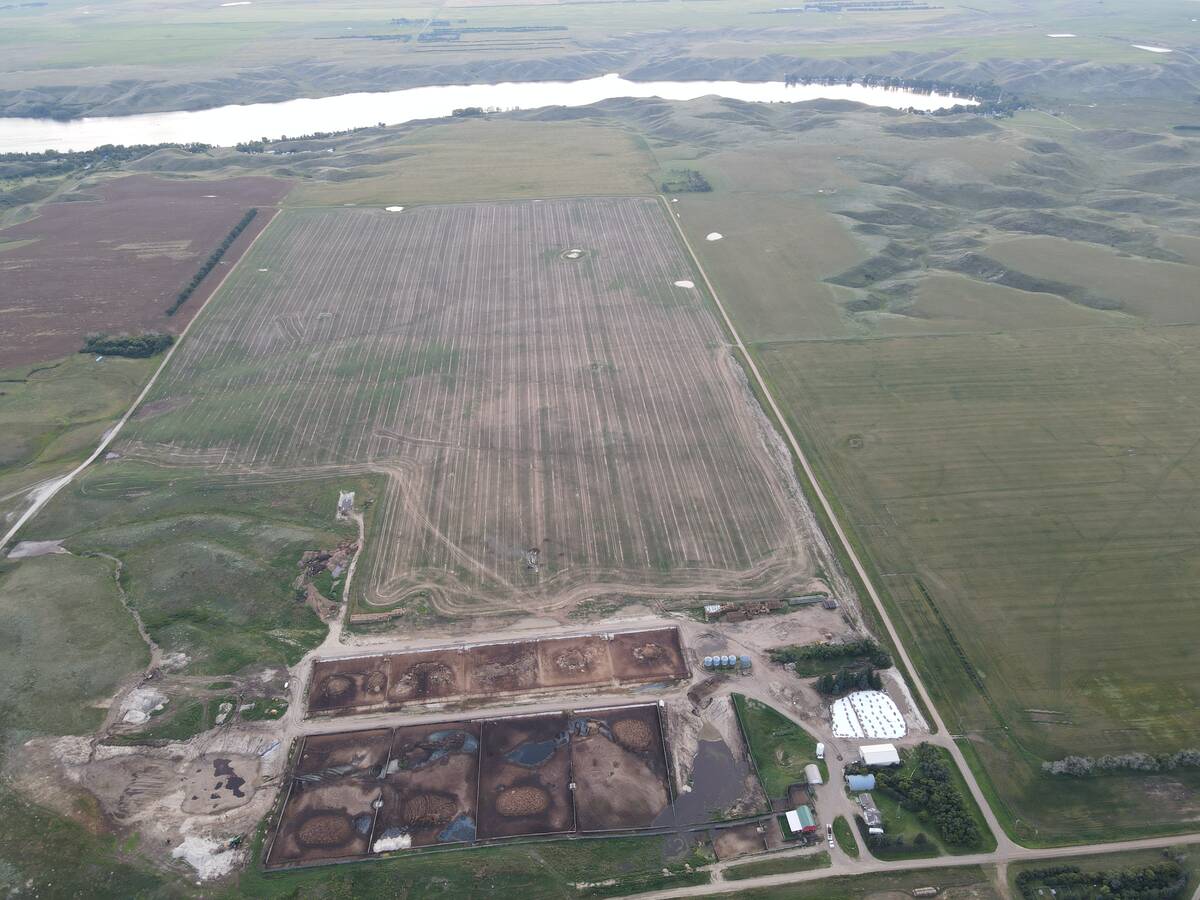
Saskatchewan RM declines feedlot application, cites bylaws
Already facing some community pushback, a proposed 2,000-head cattle feedlot south of Swift Current, Sask., has been rejected for a municipal permit, partly over zoning concerns about the minimum distance from a residence.
In comparison, 17 million birds were destroyed in Abbotsford, B.C. in 2004.
“It’s a very different situation with respect to the risk of spread,” said Lisa Bishop-Spencer, spokesperson for the Chicken Farmers of Canada, referring to the proximity of the B.C. barns.
But she said the industry recognized after that first disastrous outbreak that it had to do things differently.
The Canadian Food Inspection Agency was criticized at the time for its failure to prepare for and contain the disease.
Now a pre-emptive cull is part of the protocol.
“Everybody’s talking to everybody,” Bishop-Spencer said. “The industry is aligned on its message of biosecurity.”
In Saskatchewan, the egg, chicken and turkey producer groups set about developing their plan on how to handle emergencies, tested it and put it into action last week.
Smith said an emergency response centre was set up in Regina to handle communication with producers, the national industry and the CFIA.
Saskatchewan has 10 broiler breeder facilities, 93 broiler producers, 15 turkey producers at 13 locations and 63 egg producers.
The province is the fifth-largest chicken producer in Canada behind Ontario, Quebec, B.C. and Alberta.
Both Smith and Bishop-Spencer said the isolation of Saskatchewan facilities is an advantage in a contagious disease situation.
Smith said a disease at one location isn’t necessarily going to spread. She called it natural biosecurity but agreed that the possibility of disease is always present.
“The fact of the matter is that because this is really quite common in waterfowl and this is migration season, this is the time of year where if it’s going to happen, it will,” she said of avian influenza.
Poultry operations across the country operate under strict biosecurity measures and are regularly inspected and audited.
“This still happens,” Smith said.
The owner of Pedigree Poultry has not commented on the outbreak and resulting eradication of his flock. He will be compensated under federal legislation for the market value of the birds.
“We as the entire feather industry will be working to make sure that he is dealt with appropriately and that everything is financially taken care of for him,” said Smith.
CFIA spokesperson Sandra Stephens said Oct. 1 that the owner had been busy dealing with CFIA staff on site. She said the situation is stressful for everyone.
“Destroying animals is never an easy thing to do,” she said.
The massive eradication in 2004 led the industry to be prepared for that to happen, she said.
“People never thought of it really happening,” she said, adding that it underscored the importance of a diagnosis and what steps were needed to protect the industry.
Bishop-Spencer said there has been no decline in chicken consumption since the outbreak was confirmed. She said Canadian consumers are educated and know that there is no food safety risk when chicken and eggs are properly cooked.






